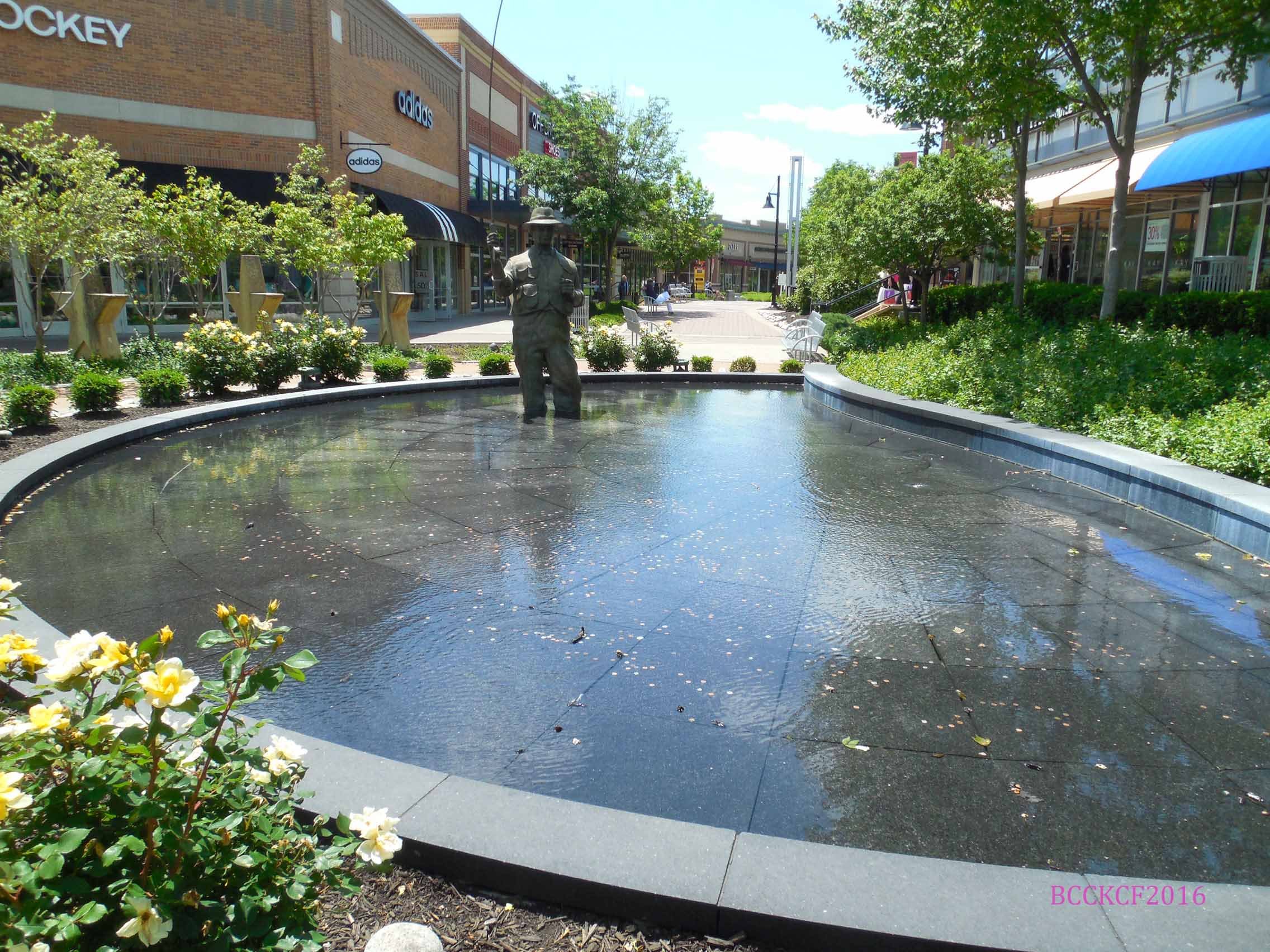The Bible warns against unbelief but not against atheism per se. How could the writers of the Scriptures have warned against atheism? There weren’t any atheists. I’ve heard commentators on a local Christian radio station aim Psalm 14:1 (“The fool says in his heart, ‘There is no God.’”) at atheists. Of course the implication becomes, “Atheists are fools.” However, should you have met the 10th century B.C.E. Jewish citizen to which the psalmist referred, he would have confessed to a belief in the existence of God. The psalmist was not saying that avowed atheists are fools. He was saying that fools secretly (in their hearts) suppress their awareness of God.
So who are the fools? The rest of Psalm 14 describes these religious unbelievers as those who elevate themselves by pushing others down. Such people by their actions deny God as their source. They may claim to believe that God exists, but they do not trust him to supply them with security, sustenance or self-worth. They maneuver and manipulate to get for themselves what others have or might acquire. Such people pray and attend religious services but they do not expect God to respond to their petitions. Instead, they engage in these activities to further establish their superiority.
As a case in point, consider Jesus’ very telling question addressed to the religious elite of his day, “How can you believe since you accept glory from one another but do not seek the glory that comes from the only God?” (John 5:44 NIV) These men who stood at the peak of the religious establishment of their day were unbelievers according to Jesus. From their lofty perch they congratulated each other on their moral superiority and derided everyone else. They traded genuine engagement with the Basis of their being for the illusion of relative worth. Rather than find the favor of God, they fed on the “failures” of those whom they defamed. “They devour my people as though eating bread; they never call on the LORD.” (Ps. 14:4b NIV)
Faith, real faith, is a foreign concept. People will seek any alternative to humble reliance on God. Each alternative counterfeits the genuine treasure of our existence. The most dangerous counterfeits most closely resemble the genuine article. Those who accept religious achievement as heavenly currency are among the most desperately deceived. Beware religious unbelief.

